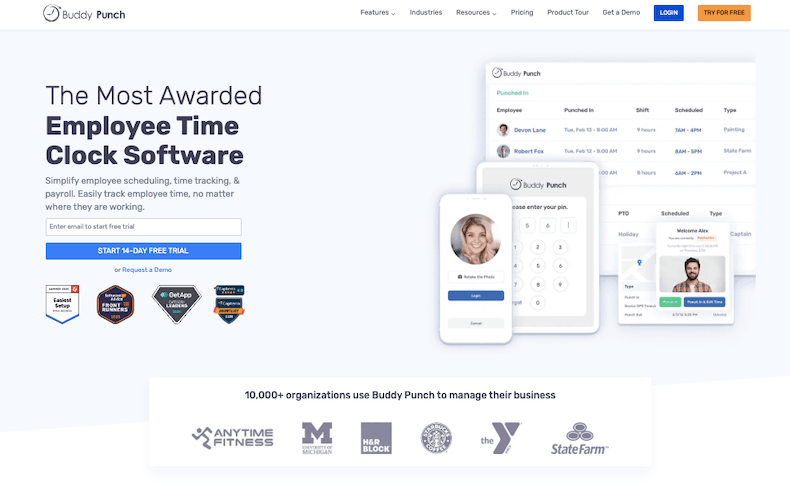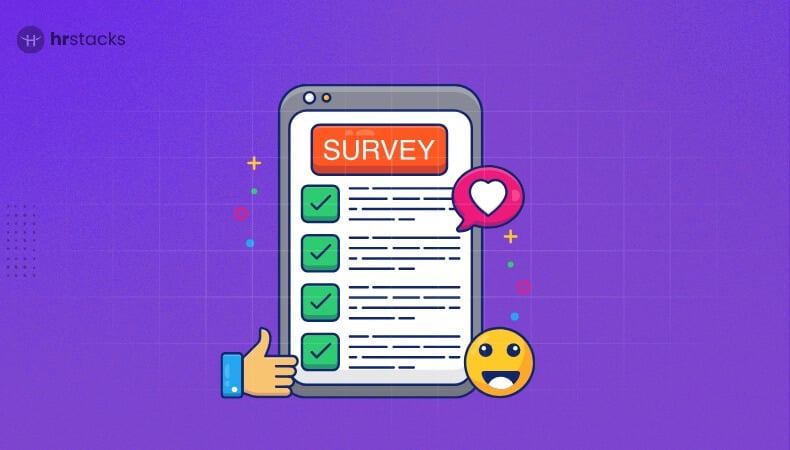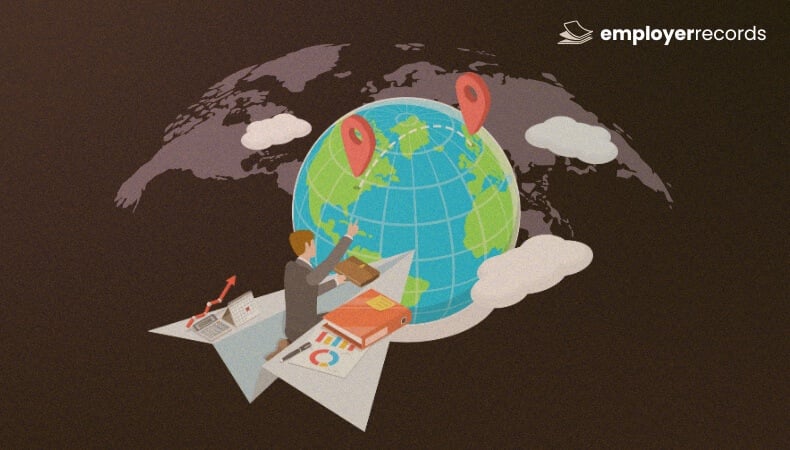Issue #6 • July 29, 2025

The world of HR is evolving faster than ever, and staying ahead means knowing where tech, culture, and people strategy intersect.
🖋️ In This Edition of People Stack:
Why HR is now a frontline player in cybersecurity and breach prevention
A closer look at Buddy Punch: a smart time-tracking tool for flexible teams
3 HRStacks guides on pulse surveys, global hiring, and EOR risks
Fresh reads on AI-driven job loss, bias in hiring tools, and internal mobility wins
Whether you're managing workforce risk, reshaping culture, or planning for AI disruption, these insights are built for the people-first leaders driving change.
✏ Editorial
HR’s Overlooked Role in Data Breach Prevention

It’s easy to think of cybersecurity as an IT issue. But increasingly, the real risk comes from within, an employee clicking a phishing link, a manager forgetting to revoke access, or a vendor slipping through compliance cracks.
The truth? Most breaches aren’t sophisticated hacks. They’re simple human errors, and HR is often the first and last line of defense.
With insider threats responsible for over a third of breaches and human mistakes driving nearly 95% of security incidents, HR has a uniquely strategic role to play. While IT builds firewalls, HR shapes the behaviors, access, and culture that keep sensitive data safe day to day.
From role-based access and secure offboarding to fostering psychological safety and rewarding good security behavior, the function’s reach extends far beyond compliance checklists.
It touches the most critical variable in cybersecurity: people.
Security today isn’t just technical, it’s behavioral. And HR is the function best positioned to shape those behaviors.
In our latest guide, we unpack how HR teams can:
Prevent access sprawl with least-privilege policies
Embed security into onboarding, training, and culture
Align with IT and Legal to build incident-ready response frameworks
Lead audits and vendor risk assessments with clarity and consistency
Track security KPIs from phishing simulations to provisioning time
The message is clear: in a world where trust is everything and breaches are expensive, HR isn’t a support function, it’s a security partner.
Tool in Focus: Buddy Punch

Best for: Time tracking, attendance, and PTO management for remote and on-site teams
Buddy Punch is a simple yet powerful time-tracking and scheduling solution designed for small to mid-sized businesses.
With features like facial recognition, geofencing, and flexible punch-in options, it streamlines attendance monitoring across distributed teams. It integrates with popular payroll systems like QuickBooks, ADP, and Gusto, making payroll accurate and hassle-free.
✅ Key Features:
Clock in via mobile, desktop, QR code, or facial recognition
Enable GPS-based geofencing to verify location-based punches
Create and manage custom PTO policies and approval workflows
Track overtime, break time, and hours by job or department
Generate time reports and export directly to payroll software
Why We Like It:
Buddy Punch is purpose-built for modern, flexible work environments. Whether your employees are on-site, remote, or hybrid, the platform offers intuitive tools for accurate timekeeping and smarter scheduling. Its automation reduces manual admin work, while its integrations ensure smooth payroll processing.
📚 Good to Read: Fresh Picks for HR Teams
From Our Publications:
From Around the Web:
TCS is laying off 12,000 mid- and senior-level staff as AI accelerates automation in the IT sector, illustrating broader implications for workforce planning and reskilling.
AI now automates or augments up to 25% of tasks across hundreds of occupations. HR must lead strategic reskilling and workforce redesign efforts in response.
AI adoption skyrocketed by 233% in just six months, workers using AI report 64% higher productivity and 81% more job satisfaction.
Lawsuits claim platforms like Workday’s AI screen out applicants over 40 automatically, raising urgent questions about fairness, age bias, and ethical design in HR tech.
Over 130 staff signed up for role swaps following a structured policy shift, showing HR’s potential to drive retention through mobility, career planning, and transparent staffing models





